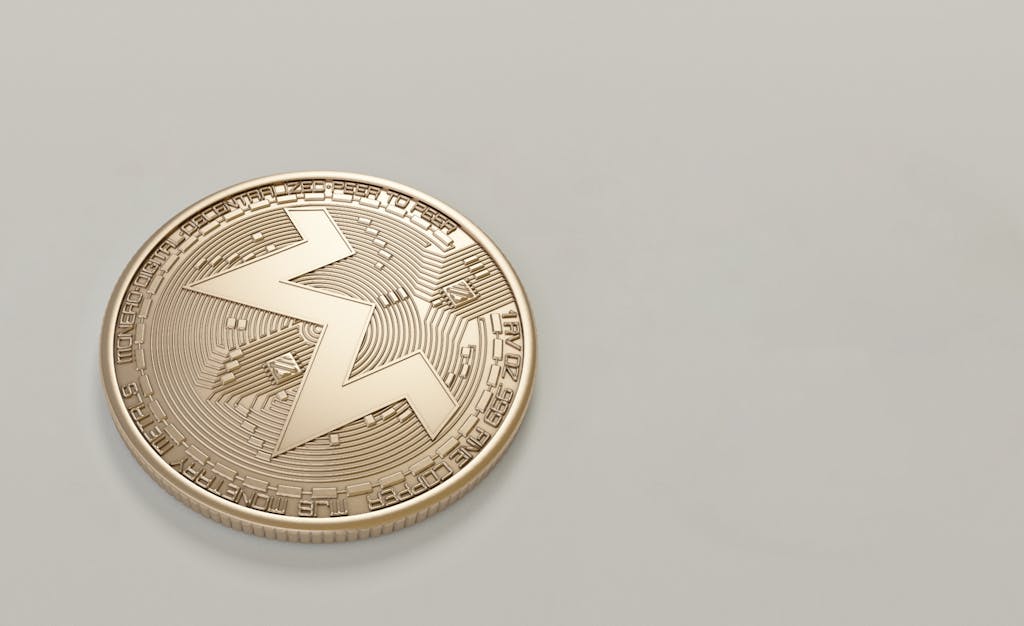Network congestion can significantly impact the transaction speed of Monero. When the number of transactions exceeds the network’s capacity, delays in processing transactions occur, leading to slower transaction speeds. Limited block sizes and the time required to construct new blocks contribute to network congestion, causing transactions to be delayed and users to experience slower processing times3. In essence, network congestion in Monero, as in any blockchain network, arises when there are more pending transactions than the network can handle efficiently. This congestion results in delays in confirming transactions, making it challenging for users to experience fast and seamless transaction speeds. To address network congestion and improve transaction speed, blockchain networks like Monero continuously work on enhancing scalability, implementing protocol updates, and exploring layer-2 scaling solutions to ensure smoother transactions and reduce delays caused by congestion-related issues3.

Similar Posts

What factors affect the transaction speed of Monero?
The transaction speed of Monero can be influenced by various factors, as outlined in the provided sources: In summary, factors such as network congestion, block time, block size, consensus algorithms, and network upgrades all play a significant role in determining the transaction speed of Monero. By addressing these factors and implementing improvements, Monero aims to…

What is the difference between Monero and other cryptocurrencies?
Monero stands out from other cryptocurrencies, including Bitcoin, due to its strong emphasis on privacy, anonymity, and fungibility. Here are the key differences between Monero and other cryptocurrencies: Privacy Features: Fungibility: Mining and Consensus: Adoption and Scalability: In summary, Monero’s primary differentiation lies in its robust privacy measures, fungibility, and resistance to ASIC mining, making…

How does Monero’s transaction speed compare to other cryptocurrencies?
Monero’s transaction speed compares favorably to other cryptocurrencies, offering relatively fast transaction times due to its design and technology. Here is a breakdown of how Monero’s transaction speed compares to other cryptocurrencies like Bitcoin and Ethereum: Monero (XMR): Bitcoin (BTC): Ethereum (ETH): Comparison Summary: In conclusion, Monero’s transaction speed is competitive, especially when compared to…